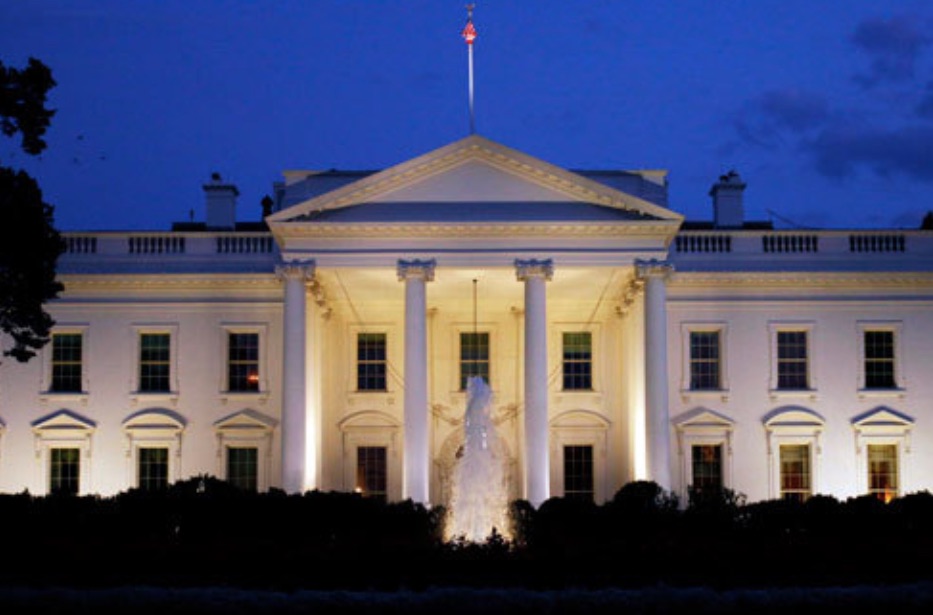
How Super Bowl LV Is Different
February 1, 2021
What We Can Learn From a Strawberry Contest
February 3, 2021New Jersey’s Essex County created a vaccine success story that others have tried to replicate. Police officers and sheriff’s deputies helped with vaccine deliveries. The county enlisted a battalion of volunteers ranging from laid-off men and women to nursing students. They made sure that their technology was functional. Still though, it all came down to one man’s leadership. The Wall Street Journal tells us that the Essex County Executive, Joe DiVincenzo, made it all work.
From here, we need to take a bit of a leap. Remaining with leadership, we just have to move to a new paper from two UCLA economists.
Leadership in Europe
The UCLA paper focused on 331 monarchs who ruled Europe between 990 and 1800. For 13 states, their goal was to connect individual capability and national policies. After applying criteria that ranged from intermarriage to intelligence, they concluded that 120 leaders were superior, 124 were inferior, and 87 were neither.
To judge intellect and character, the UCLA scholars used a 1906 study while adding their own criteria. The original paper cited the mental and moral characteristics of more than 600 members of royal families. Meanwhile, their own criteria emphasized practices that diminished genetic diversity. They believed that inbreeding where relatives married would perpetuate lower intelligence. Somewhat similarly, primogeniture assured that the eldest offspring–not the most able child– would inherit a throne. In the paper they point out that primogeniture was more prevalent in Austria, Prussia, and France but less so for England, Denmark, Russia, and Sweden.
Then, to assess impact, they selected economic and territorial variables. These researchers included finance and farming, manufacturing and the military. Meanwhile, they excluded literacy and the arts. In addition, territorial expansion counted as did the presence of a parliament that could constrain royal incompetence,
Examples
Leaders with superior intellect and character included Carlos III of Spain (1759-1788) and Maria Theresa of Austria (1740-1780). Carlos III was described as enlightened, just, and equipped with a “well balanced mind” while Maria Theresa was able and industrious. During Carlos III’s reign, finance, commerce, and agriculture flourished. Somewhat different, Maria Theresa’s accomplishments included extending Austria by 7 percent.
At the other extreme, we have Carlos II of Spain and England’s John I. Carlos II they called an imbecile who plunged well being with more poverty and hunger. Meanwhile, John I, also categorized as inferior, lost England’s European possessions.
Our Bottom Line: Human Capital
Defined as our store of knowledge and character, human capital shapes leadership. Whether looking at a European monarch, an Essex County Executive, or a corporate CEO, intellect and character matter. Indeed, the message from this UCLA paper is that a leader’s human capital impacts our lives.
My sources and more: As an example of why leadership matters, the Essex County vaccine story, here and here echoed the lessons from European monarchs. Although the NBER study was about a different time and place, still it has a universal significance.
![econlifelogotrademarkedwebsitelogo[1]](/wp-content/uploads/2024/05/econlifelogotrademarkedwebsitelogo1.png#100878)





1 Comment
Essex County may have decent technology but those over 80 do NOT understand this! They are not able to understand how to get a vaccine. They think someone is going to call them. They don’t understand smart phones. Many barely are able to figure out technology. And then there are those seniors that don’t have internet!